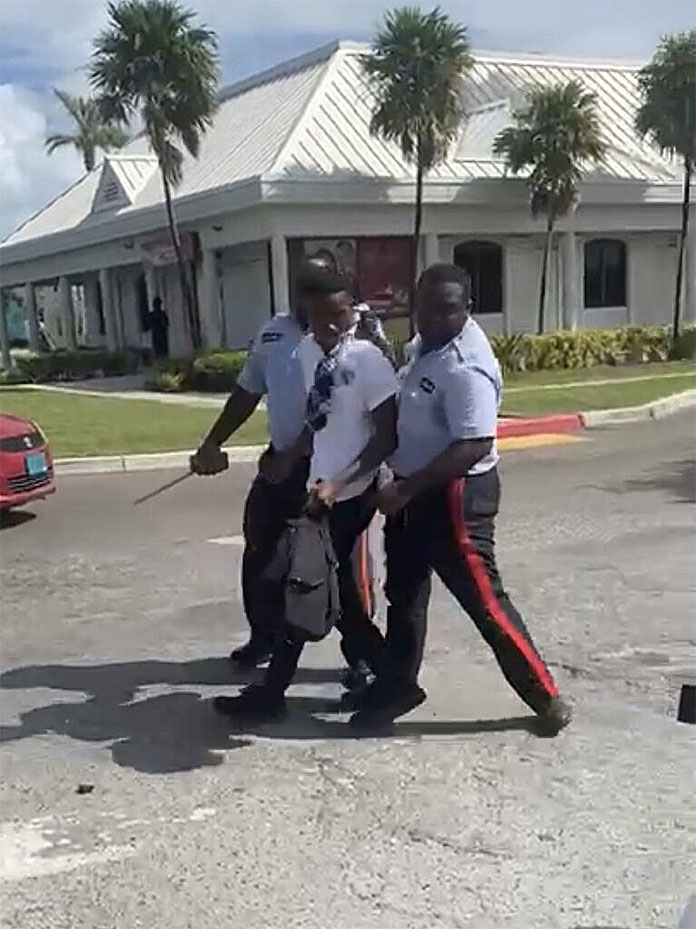
The Editor
Bahamas Press
12 September 2023
Dear Editor,
The recent revelations that members of the RBPF are rewarded for arrests comes as no surprise to Bahamians who have been victims or have had children, relatives, or friends brutalized by police.
What is shocking however is the alacrity with which the police hierarchy admitted to such a program. Police need no more incentives to abuse Bahamians as the many viral videos show. In the process, they have supplied the template which Attorneys will use to successfully bring lawsuits against RBPF for causing harm and other police excesses.
In reality, this program is nothing more than a recasting of the old Zero Tolerance Policing (ZTP) strategy which is now universally accepted as a failure. But in an institution in which little to no research is evidenced adopting ZTP (again) comes as no surprise. So let me explain what the research shows.
Overall, zero-tolerance policing strategies have not had a statistically significant effect on crime. Of the 10 individual tests on zero-tolerance policing strategies, eight showed no statistically significant difference in crime between areas receiving zero-tolerance policing compared with those receiving traditional policing responses (business as usual). One showed a significant reduction in crime, and one showed a significant increase.
Although this summary focuses specifically on zero-tolerance policing strategies, it is worth noting that the review also found that community-based policing approaches show a significant decrease in crime compared to areas employing traditional policing responses.
How strong is the evidence? The review was sufficiently systematic that most forms of bias that could influence the research were all considered.
The evidence is taken from a systematic review covering 28 studies on disorder policing strategies that demonstrated a high-quality design. The review has a well-designed search strategy. This includes unpublished literature and involved multiple coders to ensure the reliability of information collected.
Programs mimicked by police such as Boot Camps, After School Programs, IDB sponsored program in Citizens Security and Leadership have all been dismal failures not because these programs are poorly designed and structured but because their implementation was. Police just have not bought into the idea that there is more to policing than gunfights, kicking down doors and speeding through residential streets traumatizing citizens. Actually, the only policing strategy which has shown crime reduction success over time is Community and Problem-Oriented Policing (POP) – also known as problem-solving policing. Which because of political and police sabotage has morphed into an Urban Renewal Program with police acting as social workers and construction superintendents and ducking responsibility for dramatic increases in all areas of crime. They want the pips and authority but not the responsibility.
Realistically, police and the politicians can espouse as many nonsensical crime reduction ideas as possible, but science is against these outdated ideas, and they ignore the ones which have proven successful. As they say, you can’t argue with science.
Sincerely,
Michael J. Brown







